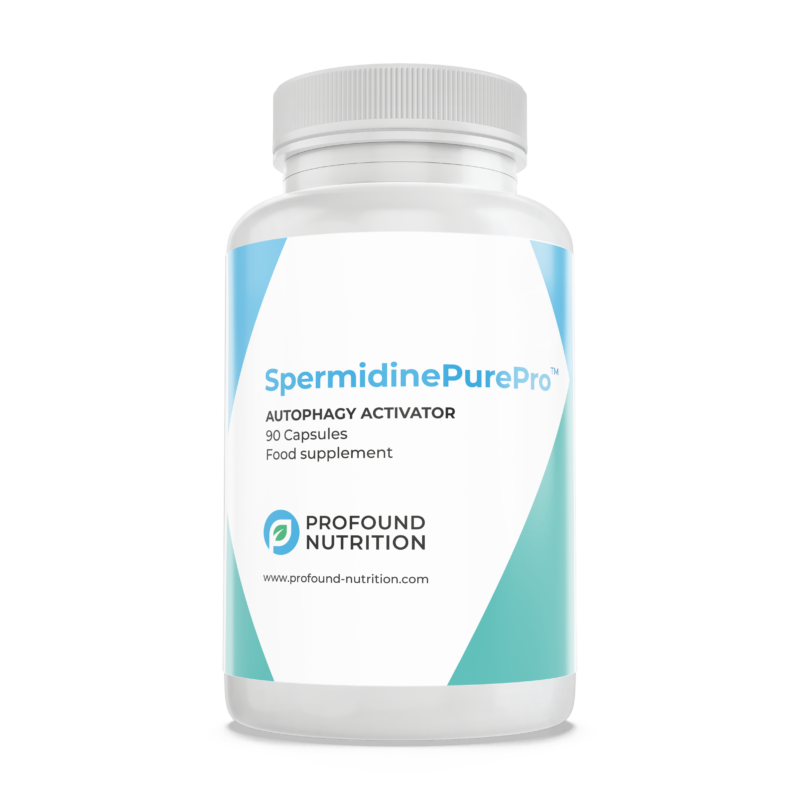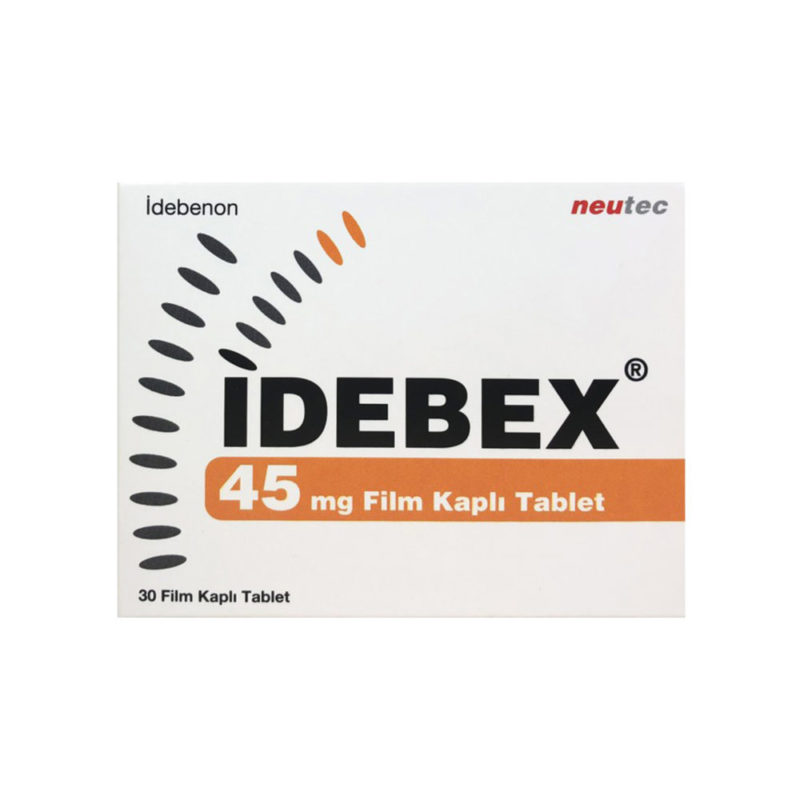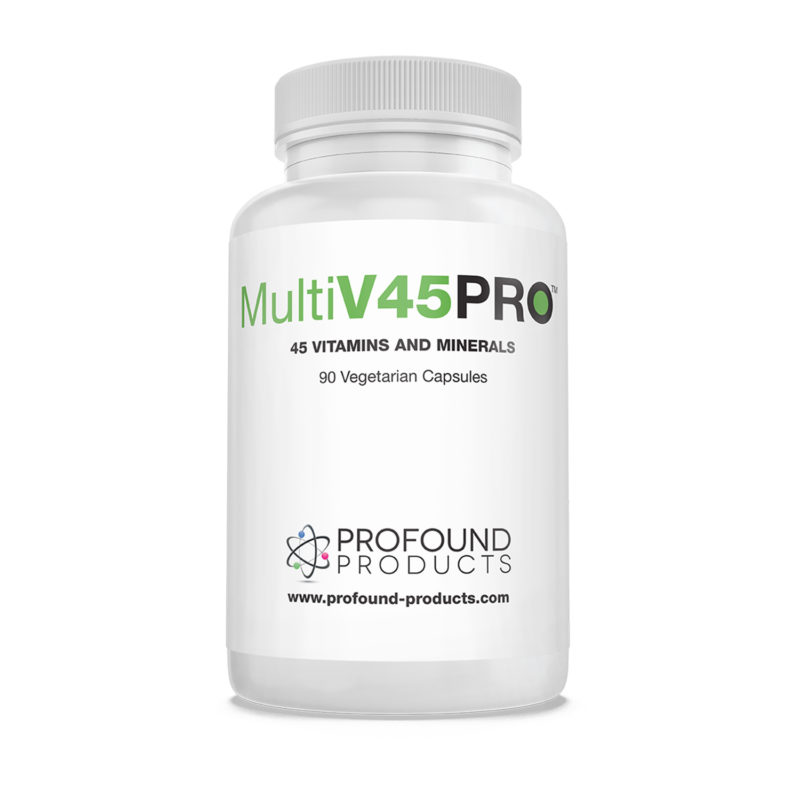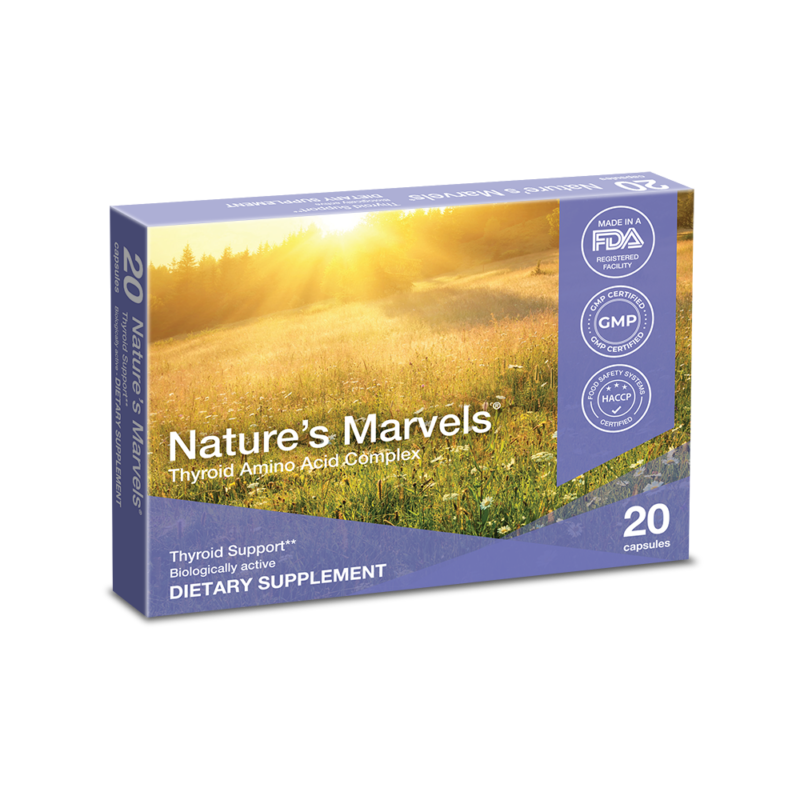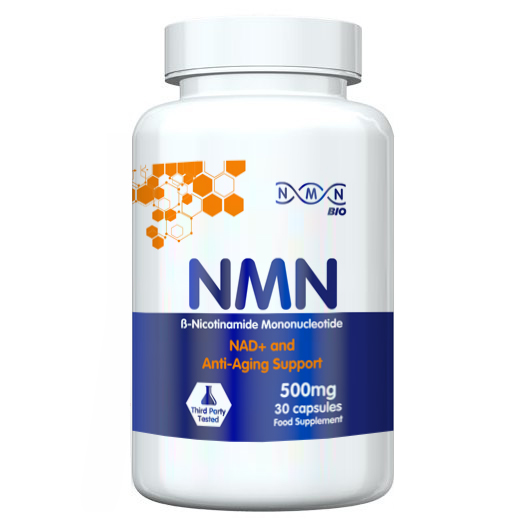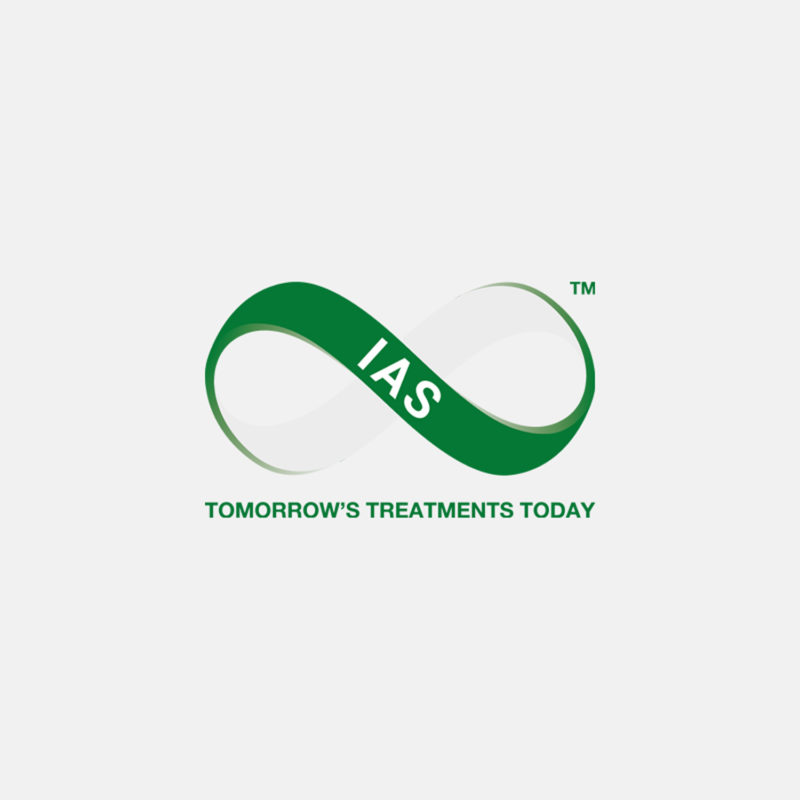Natural Anti-Aging Remedies for Memory & Concentration
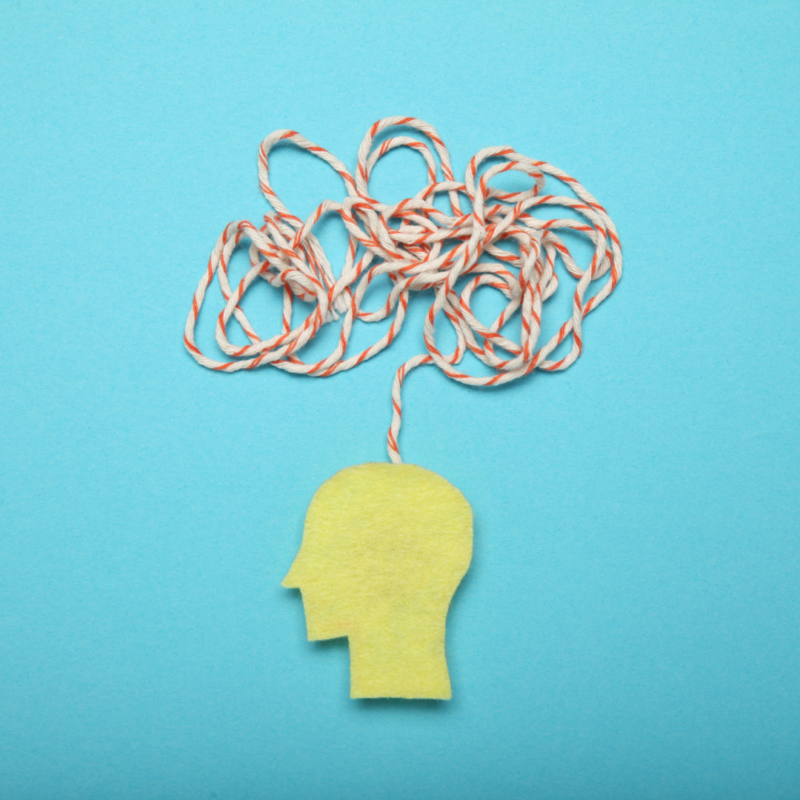
As we age, it’s not uncommon to experience some decline in memory and concentration. After all, everyone can be a bit forgetful at times. It is when these memory lapses become more frequent, where they start to interfere with daily life, that it can become an issue.
There are so many different reasons why we may experience memory loss or concentration issues, with some being much more manageable than others. It’s essential to understand the root cause of any cognitive decline, as this will help to manage it more effectively.
Using natural anti-aging remedies and making subtle changes to our lifestyle can be hugely beneficial in preserving cognitive function as we age. While not an outright cure, using nature to aid memory and concentration can be a brilliant complementary treatment when paired with other methods.
What Can Cause Loss of Memory and Concentration as we Age?
Forgetfulness is a common side effect many of us may face once we get older. It is completely normal to forget the odd thing here and there. After all, we can’t remember everything! However, when lapses in memory or concentration become more frequent, it may indicate a more significant issue.
Many things can contribute to memory and concentration issues as we age, some of which are more serious than others. Some medical conditions which affect brain function are:
- Dementia
- Alzheimer’s disease
- Mild cognitive impairment
- Brain injuries
However, many lifestyle factors can also lead to poor concentration and memory loss. These can include:
- Lack of sleep
- Poor diet
- Alcohol consumption
- Smoking
When to Seek Medical Help for Memory or Concentration Issues?
You may worry that you are wasting a doctor’s time by mentioning these issues, but it is always better to be safe than sorry. No matter the underlying cause, it is crucial to seek professional help if you are experiencing any concerns with your memory or concentration.
Medical professionals are there to help us, no matter how big or small you feel the issue is. If you or a loved one starts experiencing any problems with memory or concentration, please do not hesitate to seek professional help.
For reference, these symptoms can include:
- Constantly asking the same questions, even after receiving an answer
- Mixing up words when speaking
- Taking longer or having trouble when completing familiar tasks
- Forgetting names or not recognizing family members or friends
- Repeatedly misplacing items
- Changes in mood, including developing or increased signs of anxiety and depression
Sometimes there is no specific way to treat cognitive impairment, but you should always seek medical advice if you or a loved one suffer with any of these issues. Once you have spoken to a GP and understand the root cause of any cognitive decline, you can start looking at ways to manage it.
While not a cure, implementing some natural anti-aging remedies or lifestyle changes into your routine may help you reach a better cognitive function state.
Lifestyle Changes to Help Improve Memory and Concentration
Many things in our day-to-day lives can lead to poor memory and concentration without us even realizing it. After speaking with a medical professional, it may be advisable to reassess some of your current habits.
We deserve to treat ourselves with care and compassion, which means giving our bodies the nourishment they need to function at their best! As we get older and have a few more years behind us, looking after ourselves is more important than ever.
Ensure You Are Sleeping Enough
We get it; life can be hectic. It is easy to get caught up in work, social obligations, and everyday errands. However, it is vital to make sure we are getting enough sleep.
Sleep plays such an essential role in improving short-term memories, which in turn, helps our long-term memory function. Plus, a lack of sleep can lead to tiredness and brain fog, which is the last thing we need when trying to focus or concentrate.
A late night here and there will be inevitable, but the National Library of Medicine (NLM) suggests a minimum of 7 hours of sleep each night for optimal health[1].
Move Your Body
Staying active and getting regular exercise is not only great for our physical health but also our mental wellbeing. If hitting the gym isn’t your thing, incorporating some forms of gentle exercise will do wonders for your overall health.
Adults over the age of 18 should aim for at least 150 minutes a week of moderate exercise[2]. Brisk walking, swimming, yoga and gardening are all excellent forms of moderate exercise. If you feel up for it, jogging or taking an aerobics class will also help to get those endorphins flowing.
Engage Your Mind
Working out your brain to increase memory and concentration is important, too. As we grow from infants to adults, our brains are ever evolving. During our youth, we are constantly learning and growing, but as we get older, this process begins to slow down.
Learning a new skill, getting out of the house and socializing with friends, reading, Sudoku, and other puzzles are all great ways to keep your mind active. Ultimately, this can help to improve your memory and concentration levels.
Eat a Healthy Diet
Eating a nutritious and well-balanced diet is vital for our health and brain function. A colorful diet of fresh fruit and vegetables, alongside whole foods such as nuts, seeds, beans, legumes, whole grains and lean protein, is best.
Try to avoid added sugar and high-fat foods, alongside limiting alcohol consumption. After all, alcohol is known for its short-term memory loss capabilities!
Stop Smoking
Not only is smoking bad for our health, but it can also fast-track how our brain ages. Quitting smoking is one of the best things you can do for your cognitive health, which may then help to improve your memory and concentration.
Improving Memory and Concentration with Natural Supplements
Aside from lifestyle changes, adding some natural supplements can also help your memory and concentration. Taking natural anti-aging remedies may be very beneficial, particularly if you are over the age of 40. Natural supplements can help you reach a better state of clarity, improving memory and concentration.
Please note that while these supplements can be a great aid, they should never be seen as an outright cure for memory/concentration problems. Also, before taking any alternative medicine, it is always best to first speak with a GP to understand your issues and ensure natural supplements are right for you.
Peptide Bioregulators
Peptides are naturally occurring amino acid strings, which form proteins when strung together. As we grow older, our bodies can slow down the production of peptides, reducing certain functions, including memory and concentration levels.
Here is where peptide bioregulators come in. These supplements can encourage peptide production, which may in turn help improve some age-related issues. Regulating peptide production using peptide bioregulators can be a brilliant, rejuvenating way to manage memory and concentration loss.
Natural Desiccated Thyroid Extract
Thyroid health plays a vital role in our overall wellbeing, and hypothyroidism (an underactive thyroid) has been linked with memory issues. Taking natural desiccated thyroid extract can help regulate thyroid hormone levels, improving memory and concentration.
Spermidine (Autophagy)
Spermidine is naturally formed and found in some whole foods and cells. When we take a supplement which contains spermidine, it can invoke cell renewal, known as autophagy. By inducing autophagy and supplying our bodies with spermidine, which both decline naturally with age, we can help reduce damage caused by aging, such as reduced cognitive function and memory loss.
Beta Nicotinamide Mononucleotide
Yet another substance our bodies create which can reduce with age, nicotinamide adenine dinucleotide (NAD), has a critical role in the aging process. NAD levels are linked with how well our cells function, and as we age, these levels can dip.
Introducing beta nicotinamide mononucleotide (NMN) into our systems can help improve NAD levels and may help protect cells from age-related damage. Research also shows taking NMN can also help manage, although not sure, conditions such as Alzheimer’s disease and diabetes[3].
Further Natural Supplements to Help Boost Memory and Concentration
The following natural supplements can also have wonderful effects on boosting your memory and concentration:
- Sublingual brain cell bioregulators
- Idebenone
- NADH
- Multivitamins
Final Thoughts on Natural Anti-aging Remedies for Memory and Concentration
It is clear to see there are a number of ways, both lifestyle and supplement based, which can help improve memory and concentration as we age. Making minor changes to our daily routines and perhaps introducing some natural supplements into our lives may significantly impact cognitive function.
While these solutions are not a cure for memory and concentration loss, they can help improve symptoms and your quality of life. It is always best to speak with a GP before introducing any new supplement into your regime to ensure it is the right fit for you.
If you’re ready to try a natural way to boost your memory and concentration, be sure to check out our range of curated supplements. Our selection has been designed to help you on your journey to optimum brain health and is available to purchase on our sister site.
In text references:
[2]Physical Activity Recommendations for Different Age Groups | Physical Activity | DNPAO | CDC
